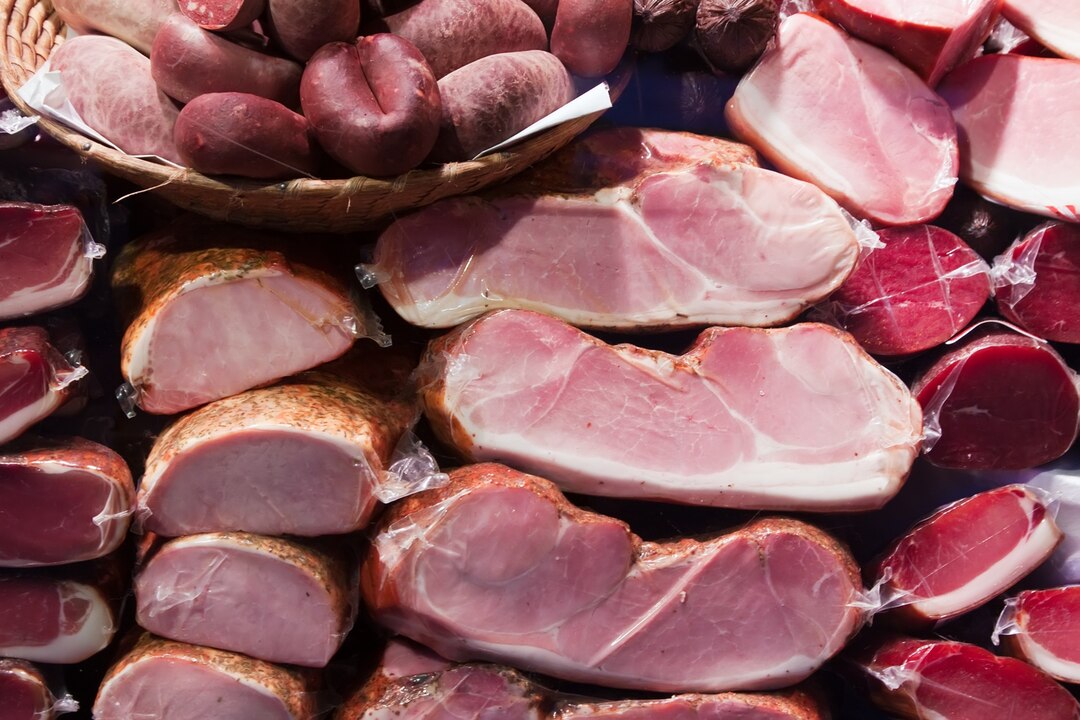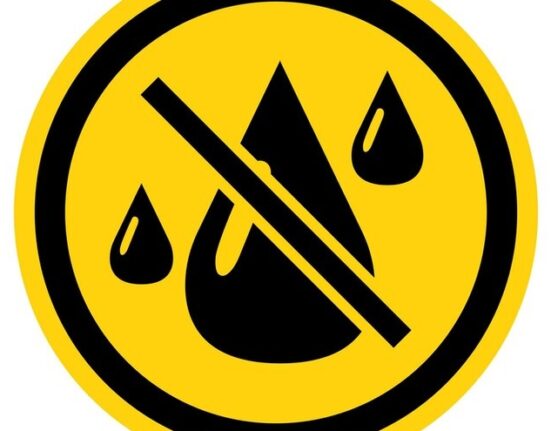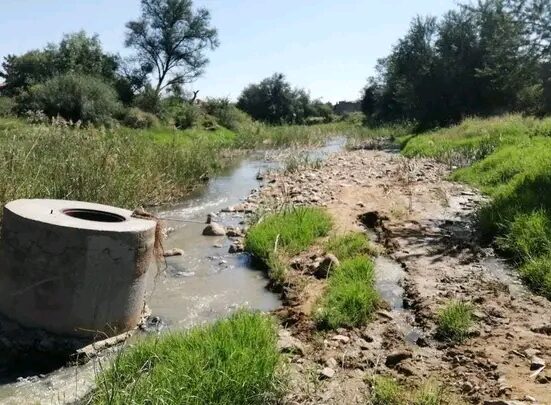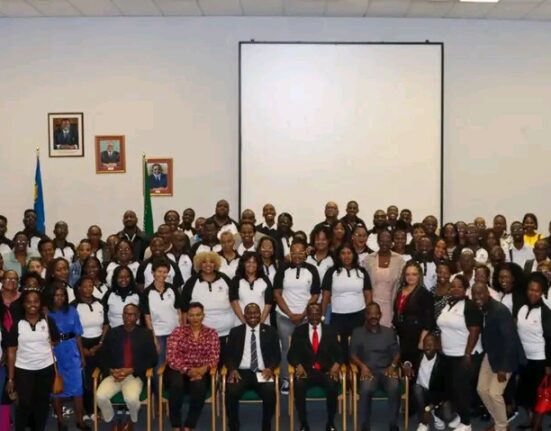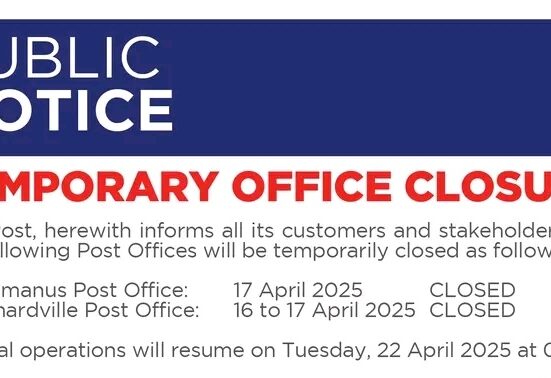Namibia is globally recognized for its pristine landscapes, abundant wildlife, and progressive conservation efforts. Among its many achievements, Namibia has emerged as a leader in the sustainable export of game meat. By blending ethical wildlife management, community involvement, and strict adherence to international standards, Namibia has positioned itself as a global model for sustainable game meat production.
This article explores how Namibia has developed its game meat export industry, its commitment to sustainability, and the economic, social, and environmental benefits that result.
The History of Game Meat Exports in Namibia
Namibia’s history with game meat exports began in the late 20th century, as the country sought innovative ways to balance wildlife conservation with economic growth. Game meat, sourced from wild animals like springbok, kudu, oryx, and eland, quickly became a high-value product for export due to its lean, nutritious, and organic qualities.
The country’s approach was rooted in sustainability from the start, ensuring that wildlife populations were carefully managed to prevent over-exploitation and maintain ecological balance.
Why Namibia Excels in Game Meat Production
- Abundant Wildlife Resources
Namibia is home to one of the largest populations of free-ranging wildlife in Africa, thanks to its robust conservation policies. Species like springbok and oryx, which thrive in Namibia’s semi-arid landscapes, form the backbone of the game meat industry. - Ethical Wildlife Management
Namibia employs quotas and permits to regulate game harvesting, ensuring populations remain stable. The Ministry of Environment, Forestry, and Tourism works with local communities and conservation organizations to monitor wildlife numbers and enforce regulations. - Commitment to Quality Standards
Namibia adheres to stringent international food safety and quality standards, making its game meat a trusted product in global markets. Export abattoirs are certified under ISO standards and comply with the European Union’s strict veterinary requirements. - Sustainability as a Core Principle
The Namibian government emphasizes sustainable utilization, ensuring that game harvesting supports biodiversity, benefits local communities, and minimizes environmental impact.
Economic Benefits of Game Meat Exports
- Revenue Generation
Game meat exports contribute significantly to Namibia’s economy. The industry generates millions of Namibian dollars annually through sales to key markets in Europe, particularly Germany, Switzerland, and the Netherlands. - Job Creation
The game meat industry creates employment opportunities across various sectors, including farming, processing, packaging, and logistics. Many rural communities rely on the industry for livelihoods, promoting economic inclusivity. - Diversification of the Agricultural Sector
By focusing on game meat alongside livestock farming, Namibia has diversified its agricultural exports, reducing dependency on traditional cattle farming.
Environmental Benefits of Sustainable Game Meat Production
- Biodiversity Conservation
Namibia’s game meat industry supports biodiversity by encouraging the sustainable use of wildlife resources. This approach prevents habitat destruction and overgrazing often associated with intensive livestock farming. - Carbon Footprint Reduction
Game meat production has a lower environmental impact than conventional livestock farming. Wild game requires no additional feed or water resources, reducing the carbon footprint associated with agriculture. - Support for Conservancies
Namibia’s community-based conservancy model plays a key role in game meat production. These conservancies manage vast areas of communal land for wildlife conservation, benefiting from the sustainable harvesting of game.
How Namibia Leads the Global Market
- Organic and Healthy Products
Game meat from Namibia is 100% natural, free from hormones, antibiotics, and artificial additives. Its lean profile and rich nutritional content make it highly attractive to health-conscious consumers worldwide. - Transparent Supply Chains
Namibia ensures traceability across the supply chain, from harvesting to export. Consumers can trust that the meat is ethically sourced and of the highest quality. - Strategic Partnerships
Namibia collaborates with international organizations, including the European Union, to enhance market access and improve industry standards. - Innovation and Technology
Investments in modern abattoirs and processing facilities ensure that Namibia remains competitive in the global game meat market.
Challenges and Opportunities in the Game Meat Industry
Challenges:
- Climate Change: Unpredictable weather patterns pose a threat to wildlife populations and their habitats.
- Market Access: Expanding to new markets requires overcoming trade barriers and meeting varying regulatory requirements.
- Community Involvement: Ensuring equitable distribution of benefits among rural communities remains a challenge.
Opportunities:
- Expansion to New Markets: Regions like Asia and North America present untapped potential for Namibian game meat exports.
- Value-Added Products: Developing processed and packaged game meat products, such as jerky or sausages, could enhance profitability.
- Ecotourism Synergy: Combining game meat production with ecotourism can further promote Namibia’s brand as a sustainable destination.
Case Study: Community Conservancies and Game Meat Production
Namibia’s conservancy model has been a game-changer for rural communities. These conservancies, managed by local residents, allow communities to benefit from wildlife harvesting while contributing to conservation.
For example, the Torra Conservancy in the Kunene Region has successfully integrated game meat production with tourism and conservation. Revenues from game harvesting have funded schools, healthcare facilities, and anti-poaching initiatives.
The Future of Namibia’s Game Meat Industry
Namibia is well-positioned to expand its leadership in sustainable game meat exports. By leveraging its natural resources, ethical practices, and strong international reputation, the country can continue to meet the growing global demand for healthy, sustainable foods.
Investments in technology, marketing, and rural development will be critical to ensuring the industry’s long-term success. With climate change posing new challenges, Namibia’s ability to innovate and adapt will determine the future trajectory of its game meat exports.
Namibia’s approach to sustainable game meat production is a testament to the country’s dedication to conservation, community empowerment, and economic development. By balancing ethical wildlife management with market-driven strategies, Namibia has set a global benchmark for sustainability in agriculture.
As the demand for organic, sustainable food products continues to rise, Namibia’s game meat industry stands out as a shining example of how conservation and commerce can go hand in hand. Whether it’s on the plates of European diners or in rural Namibian households, Namibia’s game meat tells a story of resilience, innovation, and harmony with nature.







